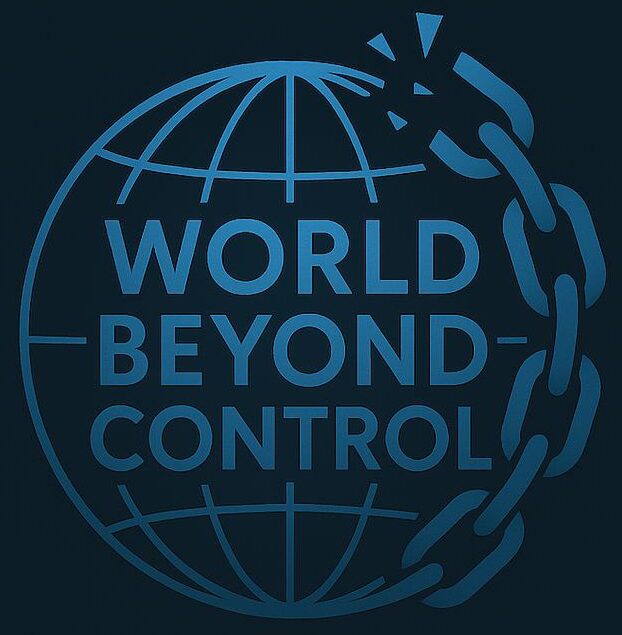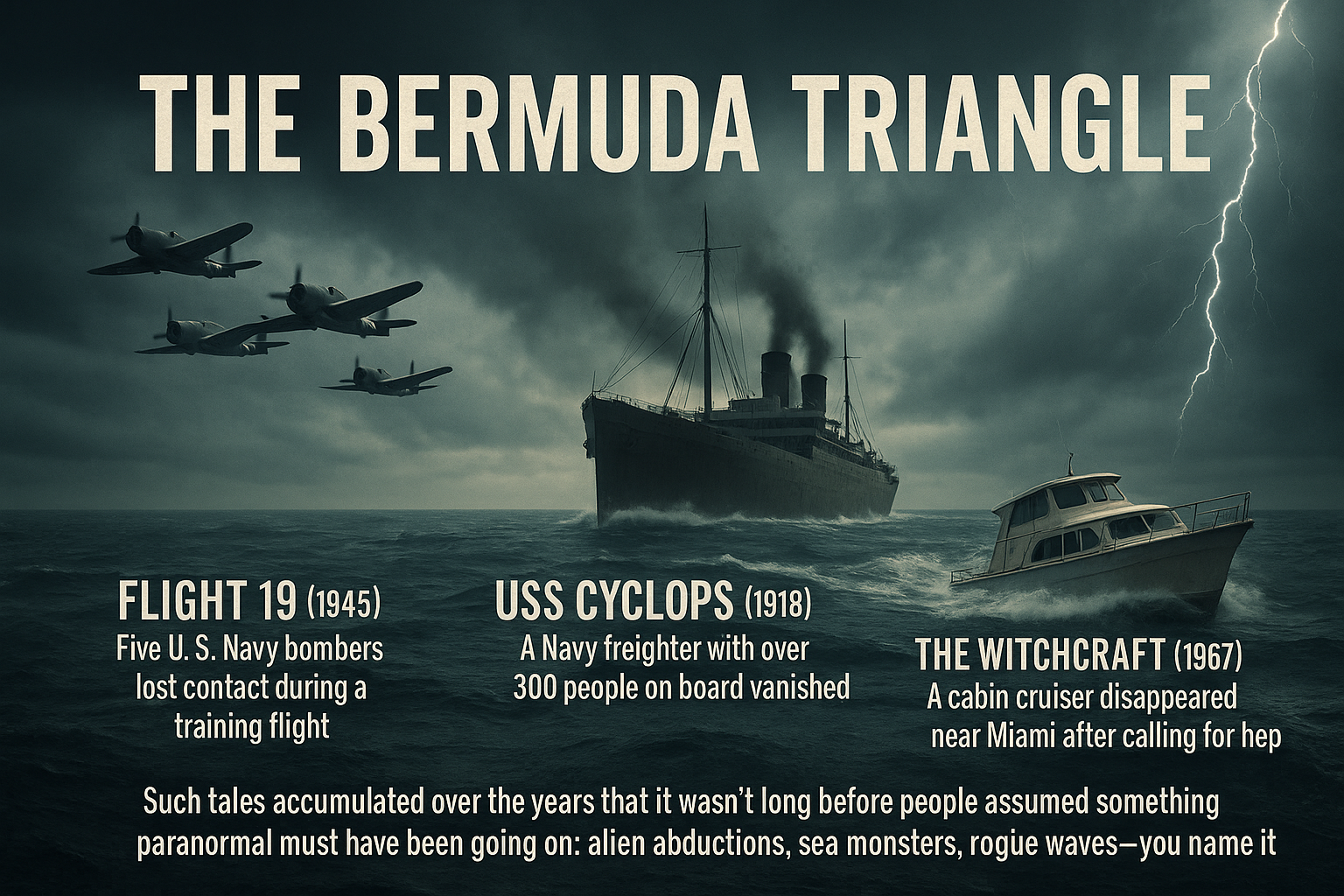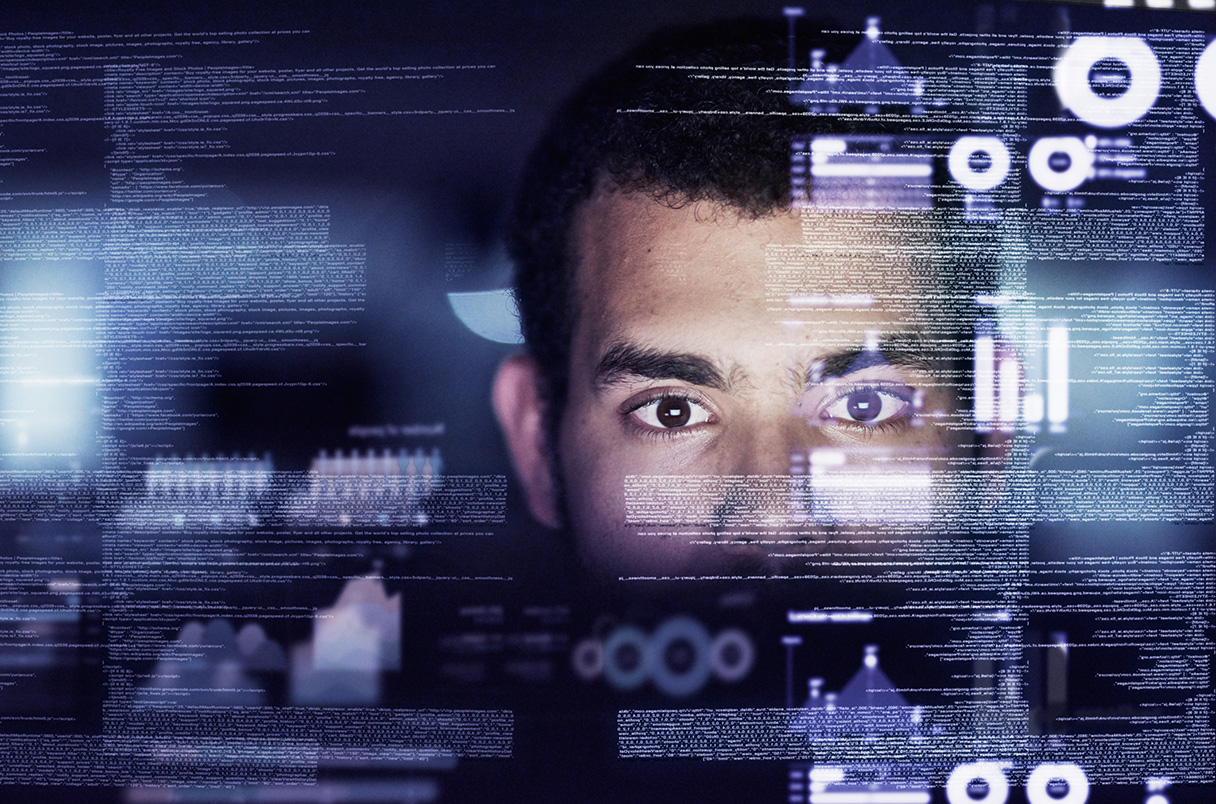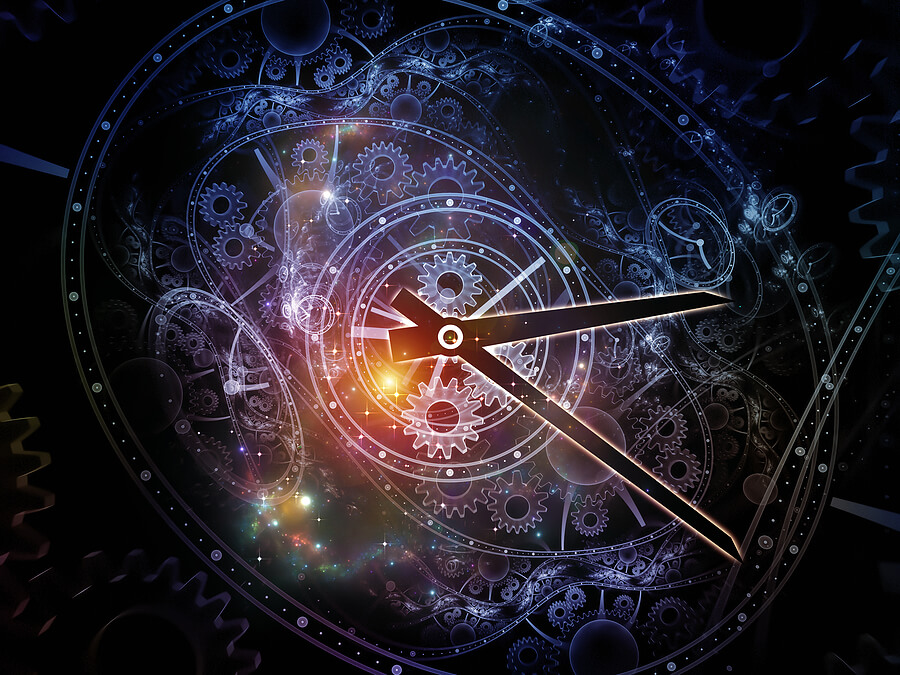Introduction: What Is the Mandela Effect?
Ever had that feeling known as the Mandela Effect—when your memory is not what it should be? That weird sensation when you’re certain that something occurred in a specific way—but then discover you’re mistaken? You’re not alone. That’s the Mandela Effect.
This phenomenon occurs where a large number of people remember an event or fact differently from how it actually occurred. It challenges our understanding of memory, perception, and reality itself. In this blog, we’ll explore this curious glitch in our recollection, dive into well-known examples, examine psychological explanations, and consider the possibility of alternate realities
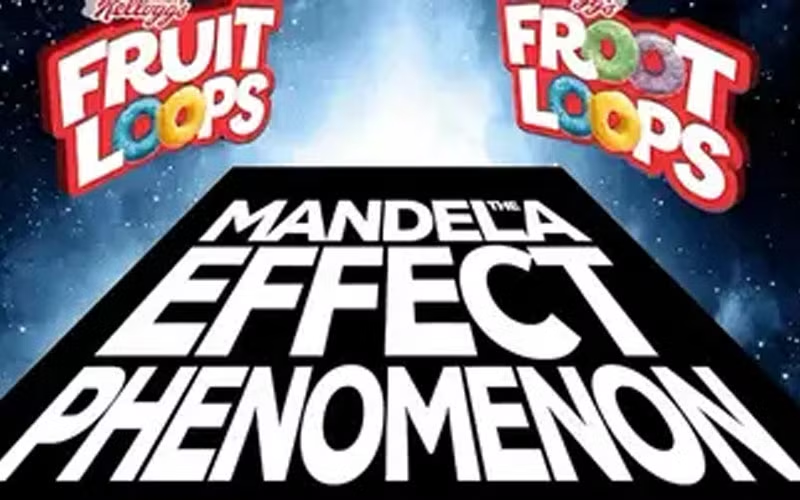
Table of Contents
Where Did the Mandela Effect Come From?
The term was coined by Fiona Broome, who remembered Nelson Mandela’s death in prison in the 1980s. Numerous individuals recalled this same memory—despite the fact that Nelson Mandela was released in 1990 and died in 2013. This sparked widespread interest and gave the phenomenon its name.
These days, the Mandela Effect is a viral subject around the internet. From Reddit forums to TikTok arguments, folks are learning how untrustworthy their memory could be—or perhaps something far stranger is at hand.
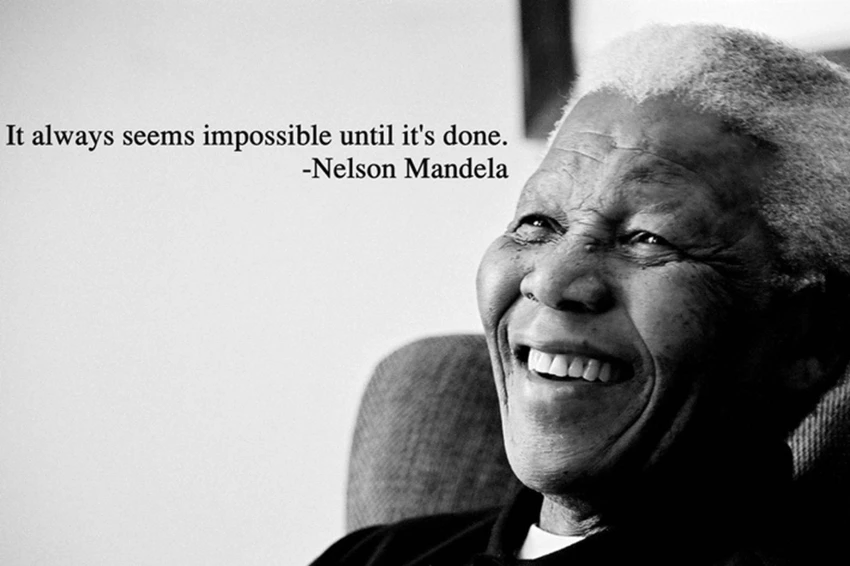
Well-known Examples of the Mandela Effect
Here are a few of the most popular examples that still surprise people
1. Berenstein Bears or Berenstain Bears?
Most people remember the children’s book as “Berenstain Bears,” but it’s actually spelled “Berenstain Bears.” How did so many of us get it wrong?
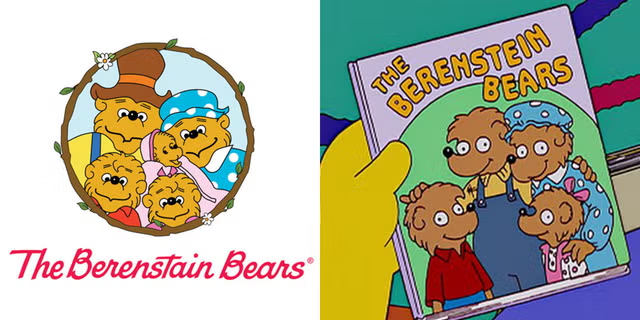
2. Monopoly Man’s Missing Monocle
People remember the Monopoly Man wearing a monocle. In reality, he never had one. This example is one of the most talked-about cases.
3. Pikachu’s Tail
Most fans recall Pikachu with a black tip on his tail. But when you examine official Pokémon photos, you’ll see his tail has always been yellow.
4. “Luke, I Am Your Father”
This famous Star Wars line is commonly misquoted. The true line is “No, I am your father.” However, the incorrect one has become part of pop culture.
5. Fruit of the Loom Logo
Does the Fruit of the Loom logo feature a cornucopia behind the fruit? A lot of folks believe so, but it never did. Another Mandela Effect example that confounds everyone.
Psychological Explanation: Is It Just Faulty Memory?
Alternate universe theories are entertaining to consider, but science presents a more empirical answer.
1. False Memory
Our brains automatically fill in gaps with sensible information, even though it is incorrect.
2. Confabulation
Confabulation is the way the brain fills in detailed memories of things that never occurred. It is a natural aspect of how memory functions, not a psychiatric disease.
3. Social Reinforcement
When many people share the same mistaken fact, it strengthens the false memory. That’s why this effect propagates so quickly on the internet.
4. Confirmation Bias
Once you’ve come to believe something, you start to see evidence for it and overlook what contradicts it. This confirmation bias makes this Effects seem even more real.
The Alternate Reality Theory: Are We Jumping Timelines?
Not all people embrace the psychological explanation. Some think the Mandela Effect is evidence of something much more enormous.
1. Multiverse Theory
The multiverse theory proposes that there are many universes that exist, each with a difference that is slightly different. This Effect could be due to humans switching between timelines.
2. Simulation Theory
Some have proposed that we exist in a computer simulation. If that is the case, Mandela Effects would be “glitches” or alterations in the code—like updates to software.
3. CERN and Timeline Alters
Other conspiracy theories suggest that experiments with particles at CERN have shifted our timeline, which then results in the changes we experience as Mandela Effects.
The theories aren’t substantiated, yet they present intriguing questions regarding reality itself.
Why the Phenomenon Is So Fascinating
The Mandela Effect engages a universal sense: that we can’t always believe our memory. It provokes us to doubt not just the past but the world itself.
The internet helped spread tales of the Mandela Effect fast. Social media sites like TikTok, YouTube, and Reddit are full of fresh examples and speculations daily. Folks enjoy arguing whether it’s mere human mistake—or something much more otherworldly.
FAQs About the Mandela Effect
Q: Why does this happen?
The most widely accepted explanation is a combination of false memory, confabulation, and social confirmation. But some think it is because of timeline changes or alternate realities.
Q: Is it real?
The Mandela Effect is indeed real. Whether it is due to memory mistakes or something unknown remains up for debate.
Q: Can it be proven scientifically?
Science does endorse the concept of false memory. Yet, theories such as multiverses or simulations are speculative and not yet supported by present science.
Conclusion: What Do You Believe About the Mandela Effect?
The Mandela Effect is more than simply a cool online fad. It disrupts our understanding of memory, reality, and even the nature of the universe. Whether you think it’s merely a brain hiccup or evidence of parallel universes, this one thing is for sure—it gets people talking.
So what do you remember? Did Pikachu have a black tail? Was it “Berenstein” or “Berenstain”? Comment below with your personal Mandela Effect experience.
